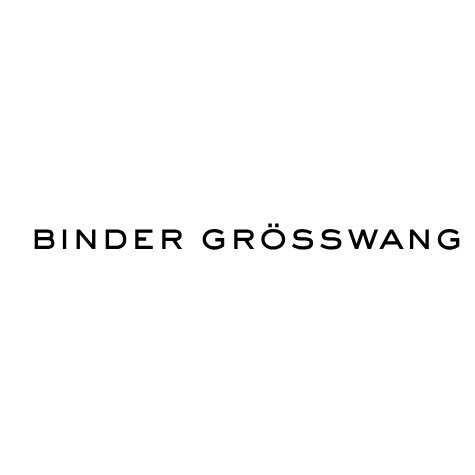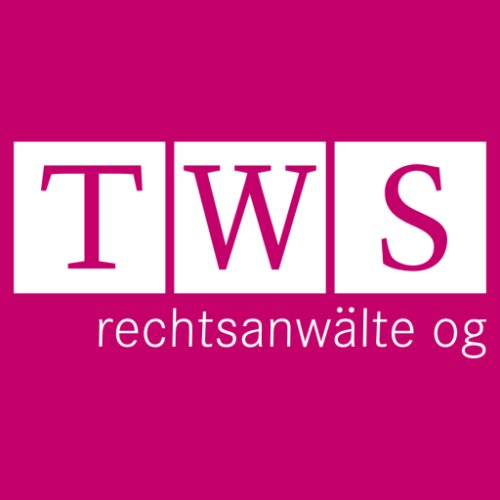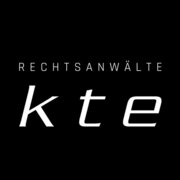Best Conveyancing Lawyers in Vienna
Share your needs with us, get contacted by law firms.
Free. Takes 2 min.
Free Guide to Hiring a Real Estate Lawyer
List of the best lawyers in Vienna, Austria
About Conveyancing Law in Vienna, Austria
Conveyancing in Vienna, Austria refers to the legal process of transferring ownership of real property, such as houses, apartments, or land, from one person to another. This process is governed by strict legal procedures aimed at protecting both the buyer and the seller. Conveyancing involves preparing and verifying documents, checking the title of the property, managing contracts, handling funds, and registering the change of ownership with the Austrian land registry (Grundbuch). Having a proper understanding of these procedures is crucial, especially for first-time buyers, foreign investors, or anyone unfamiliar with the Austrian property market.
Why You May Need a Lawyer
There are several situations where hiring a lawyer experienced in conveyancing is essential:
- If you are buying or selling property for the first time and are unfamiliar with Austrian law
- When dealing with complex transactions, such as inherited properties or jointly owned assets
- If the property documentation has discrepancies or unclear ownership records
- To draft or review purchase agreements, ensuring your rights are protected
- If there are outstanding debts or mortgages attached to the property
- For non-German speakers, as Austrian legal documents and processes are in German
- To ensure compliance with all tax obligations and regulations
- When transferring property between family members, which can involve specific legal procedures
Local Laws Overview
Conveyancing in Vienna is governed primarily by the Allgemeines Bürgerliches Gesetzbuch (General Civil Code - ABGB) and specific property laws. Some notable features include:
- The need for a written contract (Kaufvertrag) for the sale to be legally binding
- The requirement for notarized signatures on the transfer documents
- Obligatory registration of ownership transfer in the public land registry (Grundbuch), which finalizes the change in ownership
- Handling of purchase funds is often managed through a trusteeship (Escrow account) by a lawyer or notary to protect both parties
- Payment of real estate transfer tax (Grunderwerbsteuer), registration fees, and possibly value-added tax (VAT) depending on the property
- Strict compliance with zoning laws and land use restrictions in Vienna
- Rules regarding the purchase of real estate by foreigners, with some restrictions in place for non-EU citizens
Frequently Asked Questions
What is conveyancing and why is it important?
Conveyancing is the legal process of transferring property ownership. It involves ensuring that the buyer receives clear title to the property, free from debts or other claims, and that all legal requirements are met. This protects both the buyer and the seller from future disputes.
Do I need a lawyer or can I handle the process myself?
While theoretically possible to conduct a property transfer without a lawyer, Austrian law and custom strongly recommend using a lawyer or notary to manage contracts, funds, and registry obligations to minimize risks.
How long does the conveyancing process take in Vienna?
The process can take anywhere from a few weeks to several months, depending on the complexity of the transaction, the promptness of document preparation, and the speed of the local land registry office.
What is the Grundbuch?
The Grundbuch is the Austrian land registry where all property rights and ownership transfers must be registered. Only after registration is the new owner officially recognized.
What costs are involved in a property transfer?
Typical costs include real estate transfer tax (usually 3.5 percent of the purchase price), registration fee (1.1 percent), legal or notary fees, and potentially real estate agent commissions.
What is a Kaufvertrag?
The Kaufvertrag is the written purchase agreement that details the terms and conditions of the sale. It must be signed and notarized to be valid for registration in the Grundbuch.
Are there restrictions on foreigners buying property in Vienna?
EU citizens can generally buy property without restriction. Non-EU citizens face certain limitations and must obtain approval from local authorities before purchasing property.
Who holds the purchasing funds during the transaction?
Funds are commonly held in an escrow account, managed by the overseeing lawyer or notary until all conditions of the contract are fulfilled.
What happens if there are outstanding debts on the property?
The lawyer will check for existing debts, mortgages, or liens during the process. These must be cleared before or as part of the transaction for the buyer to receive a clear title.
What should I do if I need legal assistance with conveyancing?
It is highly recommended to consult with a lawyer who specializes in real estate law and conveyancing in Vienna. They can ensure that your interests are protected and that the process complies with all legal requirements.
Additional Resources
For those seeking further information or assistance, the following organizations and entities can be helpful:
- Vienna Bar Association (Rechtsanwaltskammer Wien) - for guidance and lists of qualified lawyers
- Austrian Notarial Chamber (Österreichische Notariatskammer) - provides notary services and information
- Land Registry (Grundbuch) offices in Vienna
- Federal Ministry of Justice (Bundesministerium für Justiz) - source of official legal information
- Real estate agents accredited in Austria for market insights
- Consumer advice centers (Konsumentenschutz) for general information on property transactions
Next Steps
If you are planning to buy or sell property in Vienna or are currently facing issues related to a conveyancing transaction, it is advisable to take the following steps:
- Gather all relevant documentation including property deeds, identification papers, and any existing contracts
- Research and contact a qualified lawyer or notary who specializes in property law in Vienna
- Prepare a written summary of your situation and your objectives for the property transaction
- Request an initial consultation to discuss your case, potential costs, and next steps
- Stay informed about your rights and obligations throughout the process
Seeking professional legal advice early in the process can prevent costly mistakes and ensure a smooth property transfer in Vienna, Austria.
Lawzana helps you find the best lawyers and law firms in Vienna through a curated and pre-screened list of qualified legal professionals. Our platform offers rankings and detailed profiles of attorneys and law firms, allowing you to compare based on practice areas, including Conveyancing, experience, and client feedback.
Each profile includes a description of the firm's areas of practice, client reviews, team members and partners, year of establishment, spoken languages, office locations, contact information, social media presence, and any published articles or resources. Most firms on our platform speak English and are experienced in both local and international legal matters.
Get a quote from top-rated law firms in Vienna, Austria — quickly, securely, and without unnecessary hassle.
Disclaimer:
The information provided on this page is for general informational purposes only and does not constitute legal advice. While we strive to ensure the accuracy and relevance of the content, legal information may change over time, and interpretations of the law can vary. You should always consult with a qualified legal professional for advice specific to your situation.
We disclaim all liability for actions taken or not taken based on the content of this page. If you believe any information is incorrect or outdated, please contact us, and we will review and update it where appropriate.

















